A Data and Research Collaborative
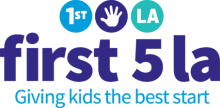
First 5 LA

Conrad N. Hilton Foundation

Heising-Simons Foundation
The Heising-Simons Foundation is a family foundation based in Los Altos, California. The Foundation works to advance sustainable solutions in climate and clean energy, enable groundbreaking research in science, enhance the education of our youngest learners, and support human rights for all people. In addition to providing core infrastructure support to facilitate record linkage and analysis, the Foundation, in partnership with First 5 Association, is supporting the development of an index that will be used to depict the conditions into which children in California are born.
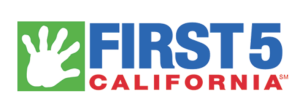
First 5 California
Since 1998, First 5 California has worked to improve the lives of children and families throughout California. Our vision is that California’s children receive the best possible start in life and thrive. The mission of First 5 California is to convene, partner in, support, and help lead the movement to create and implement a comprehensive, integrated, and coordinated system for California’s children prenatal through 5 and their families. Promote, support, and optimize early childhood development.

Blue Shield of California Foundation
Every day, Blue Shield of California Foundation collaborates with forward-thinking partners to advance the well-being of all Californians. The Blue Shield Foundation has partnered with the CDN to probabilistically link hospitalization records to CHHS program records in order to explore the sociodemographic and program encounters of individuals experiencing interpersonal violence.
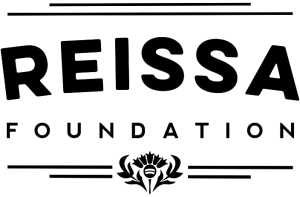
Reissa Foundation
The Reissa Foundation, a legacy of the RGK Foundation, is committed to addressing social problems and improving the lives of vulnerable populations in California and Texas. The CDN has partnered with the Foundation to better characterize dual-system youth (i.e., youth concurrently or non-concurrently involved in the probation and child protection systems), understand their pathways into dual-involvement, and identify factors associated with recidivism and permanency.
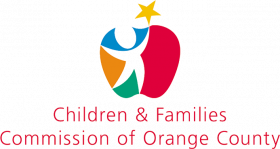
Children & Families Commission of Orange County
The Children and Families Commission of Orange County has identified, funded and supported programs with demonstrable positive impacts on children’s health and school readiness. Strong strategic partnerships have allowed the Commission to leverage collective resources to better meet the challenges associated with keeping children healthy and ready to learn. The CDN has been funded by the Commission to design and implement a randomized evaluation of Orange County’s new child maltreatment initiative, The Neighborhood Resource Network, using linked administrative records. In a separate collaboration, the CDN will conduct a linkage and analysis of Orange County birth, child protection and Bridges Maternal Child Health Network (Bridges) records. This study will evaluate the outcomes of infants receiving home visiting services.

First 5 Center for Children’s Policy
Grounded in the experience of First 5s, the Center studies and disseminates best practices and solutions in early childhood development; convenes experts inside and outside the early childhood space to inform policy; and evaluates solutions within and outside California that can be adapted for the state. The CDN is partnering with the Center to generate policy-relevant information about the physical health of infants and their mothers, mental health of young children, and availability of health care providers across the state of California.
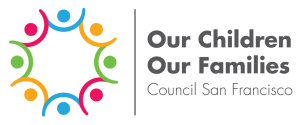
Our Children Our Families Council of San Francisco
Our Children Our Families (OCOF) Council of San Francisco supports the future of San Francisco – the children, youth and their families – by aligning and supporting the systems of support they need to thrive, particularly those with the greatest need. OCOF has partnered with the Children’s Data Network to generate information related to the demographics, resources, public service trajectories, and outcomes of babies born in San Francisco County.

California Child Welfare Indicators Project
The California Child Welfare Indicators Project (CCWIP) is a longstanding university/agency data partnership between the California Department of Social Services (CDSS) and the University of California at Berkeley (UCB), supported through funding from CDSS, the Stuart Foundation, and the Conrad N. Hilton Foundation. The project, housed in the School of Social Welfare, provides policymakers, child welfare workers, researchers, and the public with direct access to customizable information on California’s entire child welfare system. The CDN maintains a formal data and research collaboration with CCWIP – working closely with CCWIP researchers to provide technical support to state and county child welfare agencies.

California Department of Social Services
The California Department of Social Services (CDSS) is dedicated to serving, aiding and protecting children and adults in ways that strengthen and preserve families, encourage personal responsibility and foster independence. The CDN is working closely with CDSS to link and analyze administrative data with the goal of informing practice and policy decisions for children who have had contact with child protection or who are at risk for future maltreatment. Research projects aim to provide a more complete picture of the children and families involved with child protective services to support program design and evaluation with the ultimate goal of improving outcomes for children and families.

California Department of Health Care Services
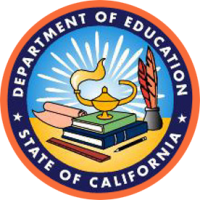
California Department of Education

California Department of Developmental Services

State of California Department of Justice Office of the Attorney General
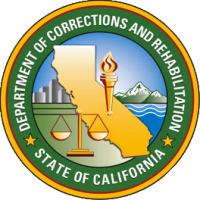
California Department of Corrections and Rehabilitation
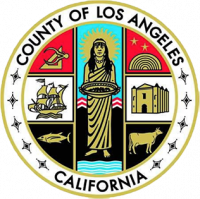
LA County CEO’s Office

Los Angeles County Office of Child Protection
The County of Los Angeles Office of Child Protection (OCP) aims to protect children, support families, and champion their success. The CDN is partnering with the OCP in the use of administrative records to assess the coordination of services in areas such as home visitation, early care and education, and risk assessment as part of the Countywide Child Protection Strategic Plan.
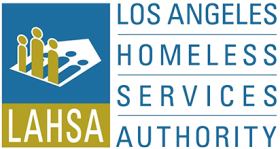
Los Angeles Homeless Services Authority
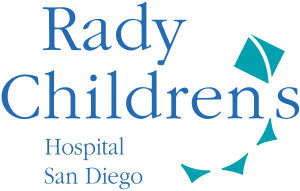
Rady Children’s Hospital – San Diego
Rady Children’s Hospital-San Diego is the region’s pediatric medical center serving San Diego, Imperial, and southern Riverside counties. Their mission is to restore, sustain and enhance the health and developmental potential of children through excellence in care, education, research and advocacy. Rady Children’s has partnered with the CDN to explore the predictive value of integrating hospital data with vital birth records, statewide child protection, and vital death records to identify groups of children who may be at an elevated risk of maltreatment.
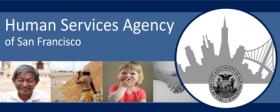
San Francisco Human Services Agency

Auckland University of Technology
The AUT Centre for Social Data Analytics applies strong data science to linked data, undertaking research that tells us new things about the human experience. These valuable insights can measure the impact of social interventions, identify the need for new policy and predict the likely outcomes for individuals and groups in society. Like the CDN, the Centre focuses on administrative data that can be used tell stories about healthcare, children, families and education. The CDN collaborates closely with the Centre on projects in both New Zealand and the US.

ChoiceMaker

Geospatial Sciences Institute
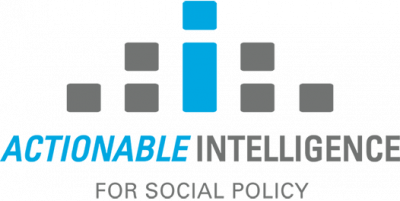
Actionable Intelligence for Social Policy
AISP aims to improve the policies and practices of education, health and human service agencies through the use of integrated data systems. It manages the AISP Network, a professional group of individuals within county organizations, state agencies, and universities that operate integrated data systems (IDS) across the U.S. The CDN is an emerging member site within the AISP Network.
Past Partners
While the partnerships below have formaly ended, we wish to thank the following colleagues for their instrumental work with the CDN to bring new insights and understanding to the experiences of children and their families in California.
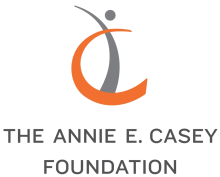
Annie E. Casey Foundation
The Annie E. Casey Foundation is devoted to developing a brighter future for millions of children at risk of poor educational, economic, social and health outcomes. Their work focuses on strengthening families, building stronger communities and ensuring access to opportunity, because children need all three to succeed. Since 1948, these efforts have translated into more informed policies and practices and yielded positive results for larger numbers of kids and families. The CDN supported the foundation’s Two Generation Strategy by studying the client relationships that exist across California datasets to potentially develop disparate individual records into family units and/or households.

Robert Wood Johnson Foundation
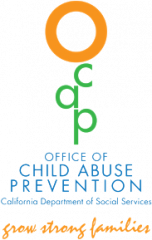
The Office of Child Abuse Prevention
The California Department of Social Services, Office of Child Abuse Prevention (OCAP) administers federal grants, contracts, and state programs designed to promote best practices and innovative approaches to child abuse prevention, intervention and treatment. OCAP, in collaboration with the Laura and John Arnold Foundation, has supported the development of data that can inform thoughtful and open conversations about any future implementations of Predictive Risk Modeling (PRM) in California.
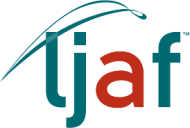
Laura and John Arnold Foundation
The Laura and John Arnold Foundation addresses our nation’s most pressing and persistent challenges using evidence-based, multidisciplinary approaches. LJAF strives to create functional solutions that target the root causes, not just the symptoms, of these problems. LJAF partnered with the California Department of Social Services (CDSS) and the CDN to explore the use of Predictive Risk Modeling (PRM) to screen maltreatment allegations, and funded the implementation of a randomized evaluation of Orange County’s new child maltreatment initiative, The Neighborhood Resource Network, using administrative records.

Child Care Resource Center
“Every government agency collects data and usually does so as part of its existing business practices, connecting these data and building a research capacity opens whole new areas of policy analysis and reform.”

Los Angeles, CA 90015
General Questions
Connect
Newsletter
©2020 Datanetwork.org
#